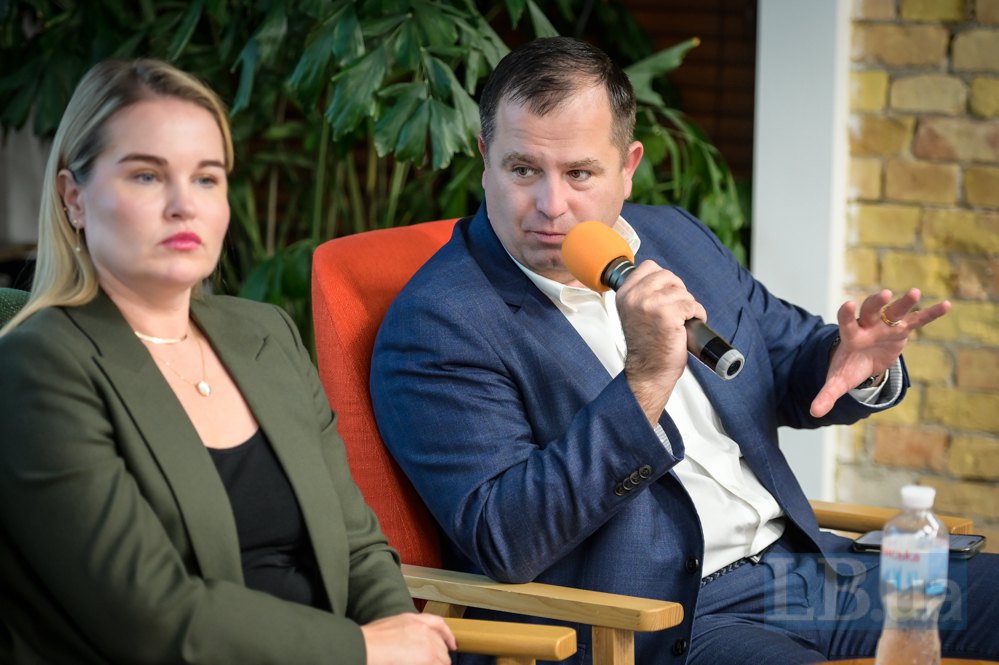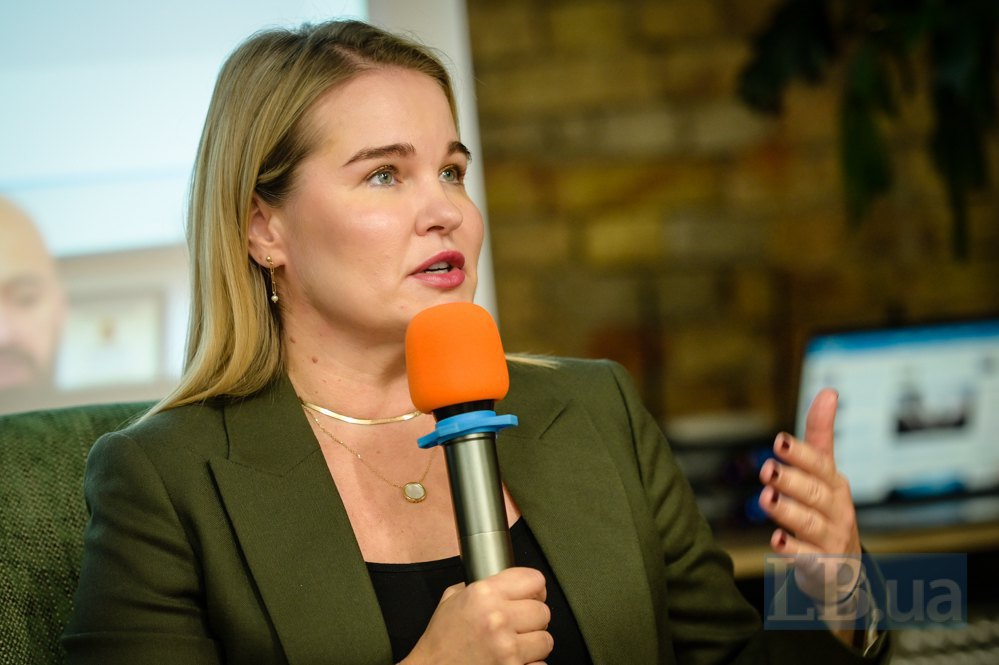
First of all, Alyona Hetmanchuk noted Ukraine's worthy position during the presidential campaign.
"It was clear that Ukraine would try to play political football again. And, in my opinion, we passed this stage with great dignity. Because the only neutrality I support is neutrality during the American elections. Anything else is unacceptable to us. And here, I think, we have maintained these positions very well," Hetmanchuk said.
Now, she believes, it is time to say goodbye to the Biden administration with the same dignity.
"It will be a great diplomatic skill. It's time for delicate diplomacy. Maybe we should even try to close some issues. Obviously, not all of them that we planned. In particular, the issue of an invitation to NATO. It is unlikely to happen in the next two months, I'm not afraid to predict it. But some other issues are possible," the expert added.
The first thing that the Ukrainian authorities need to realise when establishing and intensifying contacts with Donald Trump's team, Hetmanchuk said, is that from now on they should think not only about what our "shopping list", list of requirements and list of wishes should be. We should also think about what our offer should be. And here, she adds, the experience of Trump's first presidency and interaction with him may be useful.
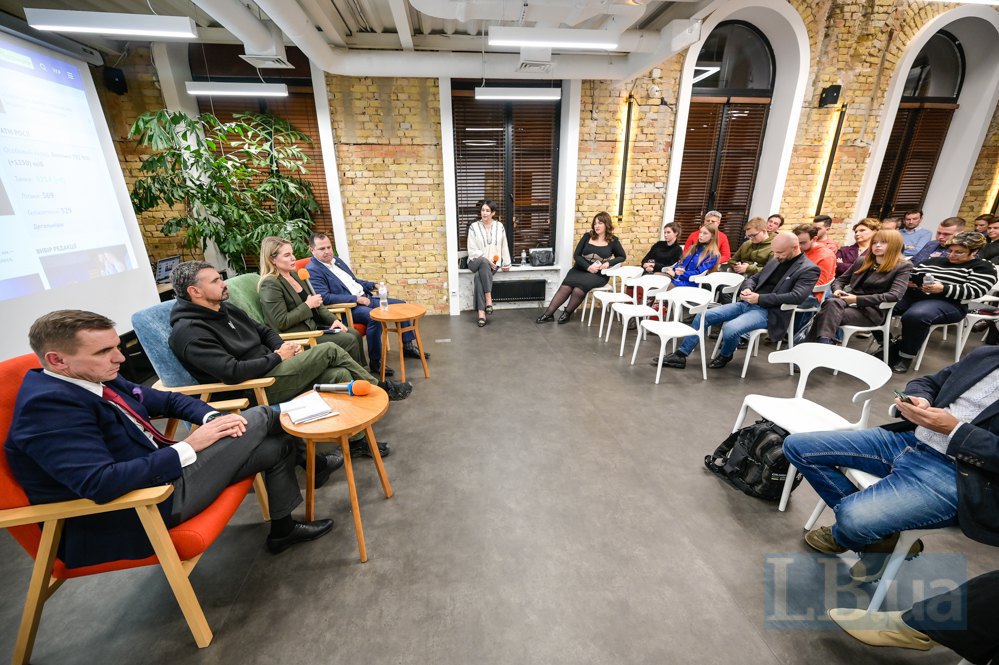
"I understand that there cannot be complete parallels. Because it's a different team. Trump has evolved in some of his views. Our reality is different - we were not in a full-scale war then. Nevertheless, we understand that people who were close to him then, who were responsible for the Ukrainian case, in particular for stopping Nord Stream 2, which coincided with our key priority at the time, can take positions in the current administration.
Therefore, I would urge the current Ukrainian government to take advantage of the experience of those who worked with the administration at the time. Some of the diplomats and politicians are still in the government today," the analyst said. Such institutional memory is also important because, according to Hetmanchuk, Donald Trump does not delve into details and is unlikely to start doing so.
In addition, she noted, Trump's victory seems less dramatic for Ukraine if we analyse the visions of how to end the war in Ukraine in the Republican and Democratic parties, which mostly do not differ in substance, only in rhetoric.
"Both Democrats and Republicans consider our plan to reach the borders of '91 unrealistic. They have nothing against it, they just think it is unrealistic. Both believe that there should be a negotiated settlement, i.e., an end to the war. Both do not see any real security guarantees at the stage of this cessation. Some representatives of both teams have started discussions about an invitation to NATO, but it is still not very clearly articulated in their vision," the analyst said.
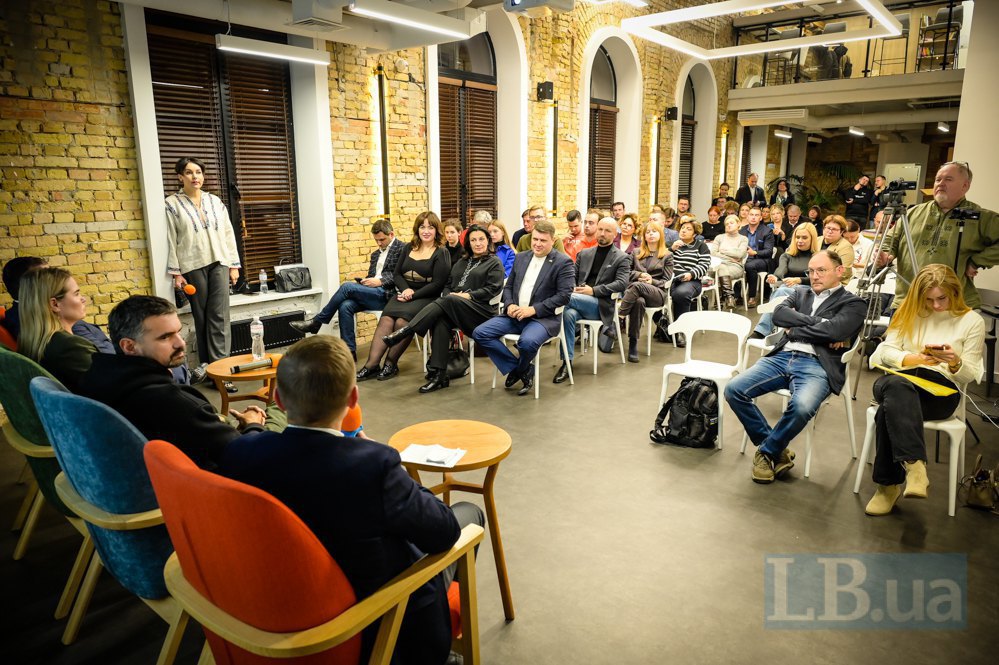
Against this backdrop, Alyona Hetmanchuk believes that it is important for Ukraine to strengthen cooperation with Europe, which will ultimately improve relations with the Trump administration.
"We will have a powerful argument: look, the Europeans are ready to provide us with this and that, for example. Or, for example, our think tank is working hard on the idea, which we have framed as the Coalition of the Resolute, that European countries should come to Ukraine with their military contingents, especially if we have some kind of a halt (I do not believe in the very concept of a truce with Russia) or a phase of such low-intensity hostilities. I think the idea of a military presence of European countries, a greater contribution of European countries, will be welcomed in the Trump administration. Then they will be more willing to make their contribution, knowing that Europe is making a key one," the analyst says.
In addition, the director of the New Europe Center notes that in order to engage Trump in ending the war in Ukraine, it is important to give him initiative and play on his vanity.
"There is one thing that interests Trump more than money - his ego. Now Ukraine has an opportunity to help him become one of the greatest peacemakers, a pacesetter, so to speak. I know that during his first presidency we tried to sell him on this, but then we imposed it. And here we can use his election rhetoric, because he promised it himself.
I remember how nervous he was when President Obama was awarded the Nobel Peace Prize, he thought it was undeserved. But for Trump, it may be well deserved. So here, we also need to think about how to please this vanity, this ego, so that it fits into the concept," says Alyona Hetmanchuk.
Therefore, the peace plan or peace formula for Ukraine should also be his, the expert emphasises.
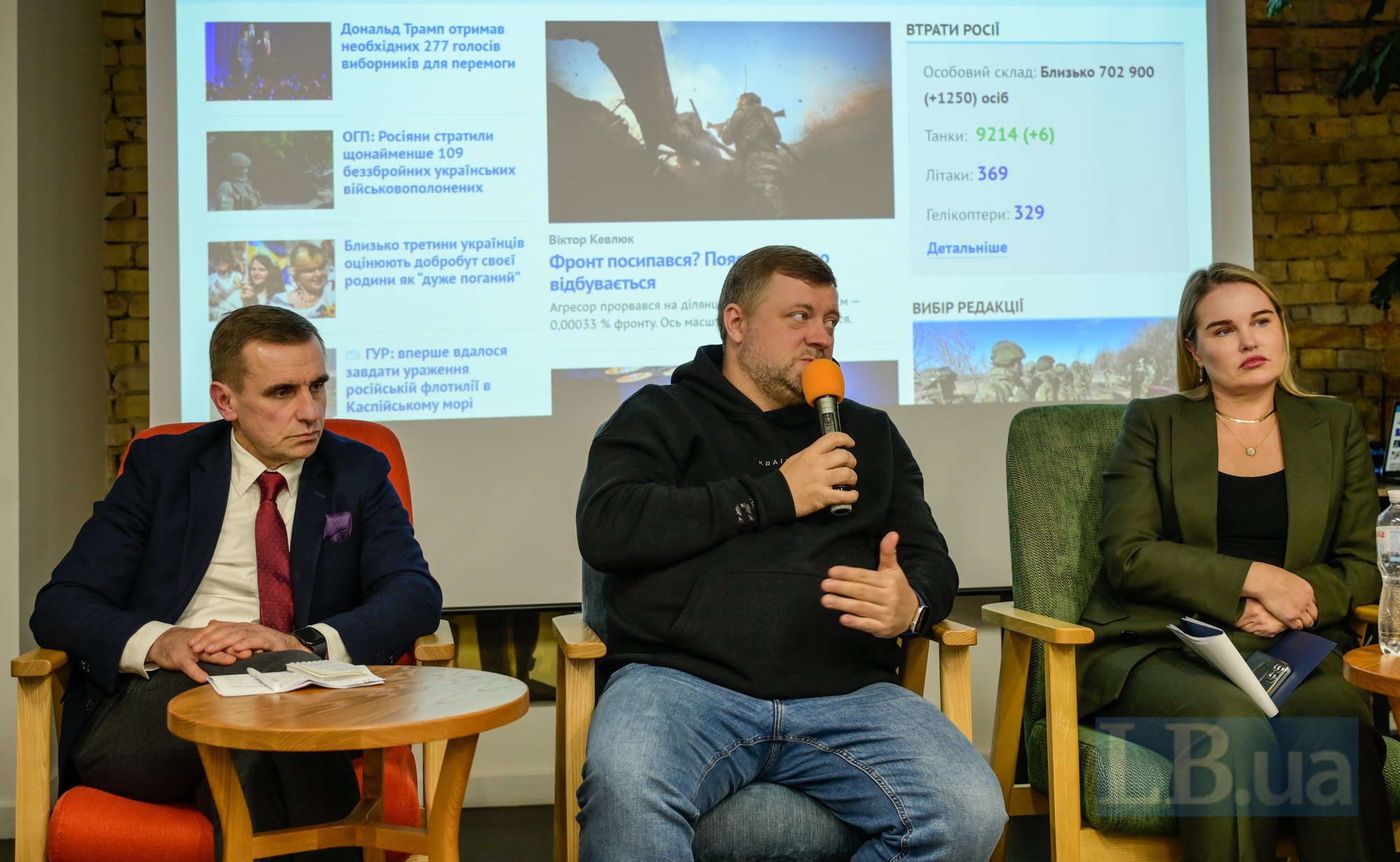
"It's very important for our president to give up his ambition, proactivity, initiative and help make it look like Trump's proposal. Or, I don't know, to offer that here is my plan, let's discuss how to make sure that you own it," the analyst suggested.
At the same time, she noted that the Democratic administration also reacted quite irritated to Zelenskyy's peace formula with such a personalised name. "They say that a new Woodrow Wilson (the 28th US president who outlined his vision of the international order after World War I) has appeared with his own plan, but he had 14 points, and now there are 10. It was the same with the victory plan.
"In fact, Trump is interested in reaching an agreement at the beginning of his term that will not lead to an even larger war in the middle of his term, or at the end and thus shape his presidential legacy. It is in his interest to have a just and sustainable peace, not some fragile truce that could explode during his term," the expert said.
In conclusion, Alyona Hetmanchuk stated that the American society is definitely Ukraine's ally today and it is necessary to work with it as well.
"If you analyse the open/closed polls I have seen, many Americans do not believe that Ukraine will win the war or that Ukraine can win. But when they are asked who would you like to win the war - Ukraine or Russia - most of them want Ukraine to win. They believe that Putin needs to be punished somehow, put in his place. Trump may personally have his own sympathies or not perceive Russia as a threat, not perceive Putin as a threat, but there is still this negative perception in society. Therefore, these are our allies," the expert concluded.
